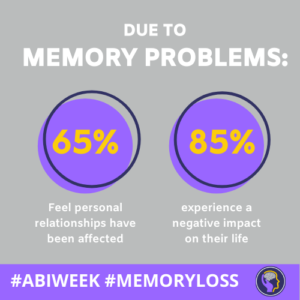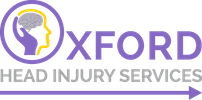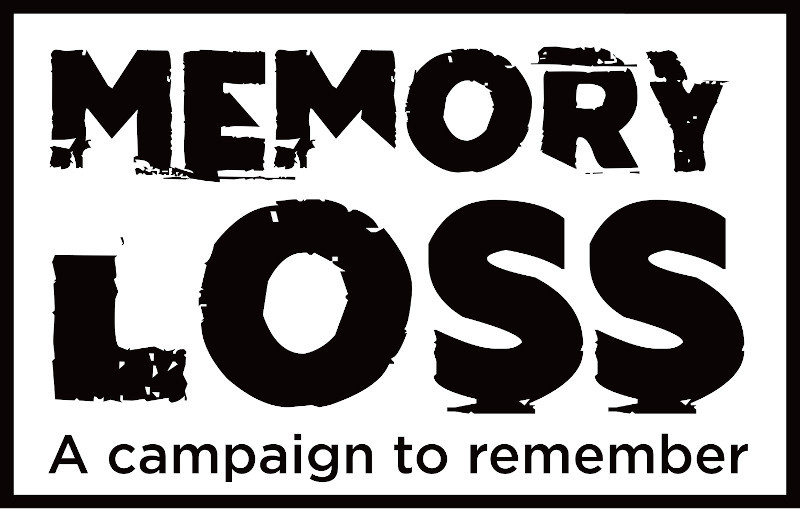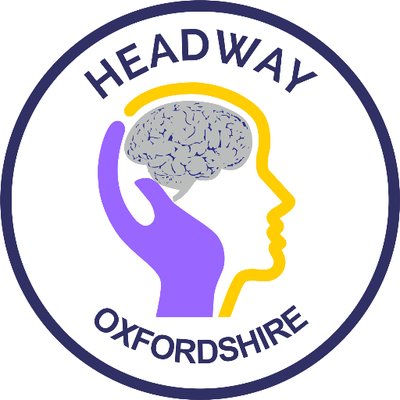News
News & Events
Action for Brain Injury Week: A campaign to remember
28th September – 4th October
One of the most common concerns from brain injury survivors contacting the Headway UK helpline or posting on social media, is the profound impact that memory problems can have on their lives and relationships post brain injury.
Memory problems after a brain injury can be life changing and are very different from the usual, everyday memory frustrations many of us experience. They can make a survivor feel alone, angry and confused and can impact every aspect of their life.
Action for Brain Injury Week – ‘Memory loss: A campaign to remember‘ aims to raise awareness of the ways in which memory problems can affect brain injury survivors and their families.
In January 2020, we launched a survey into the effects of memory loss, to be completed by brain injury survivors or their family members and carers acting on their behalf.
The results are striking, with 85% of survivors experiencing a negative impact on their lives and 65% feeling that their personal relationships have been negatively affected as a result of their memory problems.
Swipe below to explore the survey results.
Animation: Memory Loss after Brain Injury
This Memory loss after brain injury animation was produced in response to the findings of our survey, and aims to raise awareness of this complex effect of brain injury.
This Memory loss after brain injury animation was produced in response to the findings of our survey, and aims to raise awareness of this complex effect of brain injury.
Survey results: The impact of memory problems on people with brain injury
In January 2020, Headway UK launched a survey into the effects of memory loss, to be completed by brain injury survivors or their family members and carers acting on their behalf.
The results are striking, with 85% of survivors experiencing a negative impact on their lives and 65% feeling that their personal relationships have been negatively affected as a result of their memory problems.
[pdf-embedder url=”https://oxfordheadinjuryservices.org.uk/wp-content/uploads/2020/09/The-impact-of-memory-loss-on-people-with-brain-injury.pdf” title=”The impact of memory loss on people with brain injury”]
Survey results: The impact of memory problems on people with brain injury

Get involved: We need YOU!
You can get involved with our campaign by sharing our infographics, images and videos on your social media using the hashtags #MemoryLoss #ABIWeek. The more people share, the more we’ll increase understanding of memory loss after brain injury!
As well as sharing this very page, here are some other things you can share:
- View our animation on YouTube
- Download our memory loss survey infographic
- Download the ‘I’m supporting’ campaign logo
- Set this image as your profile pic on Facebook, Twitter or Instagram
- Head to our Facebook, Twitter or Instagram channels and get commenting and sharing!
If you or a loved one would like to know more information about memory loss following a brain injury, or about how our charity can help you, call 01865326263 or email admin@headway-oxford.org.uk.
Make a referral
Fraudsters pose as Headway on door-to-door collection
Headway The Brain Injury Association has reported new cases of attempted fraud in Oxfordshire, Buckinghamshire and Surrey.
Individuals have been knocking on doors in the regions and claiming they work for Headway in an attempt to collect donations for “their brain injured child”.
Jamie Miller, CEO of Oxford Head Injury Services, made an official statement and said “We have received reports of individuals who are posing as Headway staff and volunteers, and are attempting to collect door-to-door donations. Those approached described the individual as a male, in his thirties and having a Headway identification badge. I would like to be explicit, in that Oxford Head Injury Services do not engage in door-to-door collections. If you are approached by anyone in this manner, please inform us or the police immediately”.
Sharelle Holdsworth, Marketing and Events Officer said: “Donations are vital to our charity continuing to provide support to those affected by brain injury. Following the cancellation of many events due to Covid-19, we anticipate a loss of approximately 40% of our annual income. It is important that funds are going to charity and not into the pocket of scammers.
“There are several ways that you can spot a if a charity collector is genuine. Genuine collectors will carry official documents. Always ask to see the documentation, including the charities registration number and the collector’s official identification badge and permit. You can also check to see if the collection bucket is sealed. It is illegal to make charity collections from open buckets. If still in doubt, ask for details of how to make an online donation instead”.
Visit https://oxfordheadinjuryservices.org.uk for more information.










